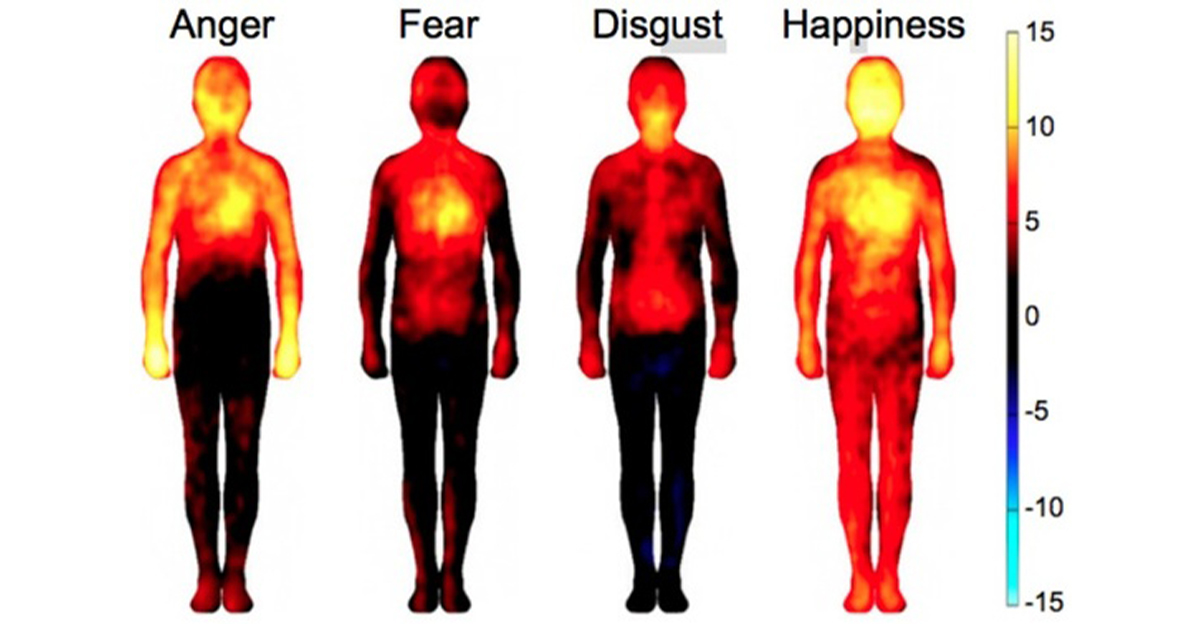
So, What is anger? In simple words, it’s just an emotion which we usually feel towards others or ourselves for doing something not acceptable to us. It is often the result of frustration or feeling overwhelmed by something that s/he feels important.
The American Psychological Association defines anger as “the state of being offended by someone or something that you feel is intentional”.
In general, all kinds of emotions can be a source of anger to anyone known as Anger Masking and some of such emotions are Sadness, Depression, Guilt, Fear, Frustration, Failure, Anxiety, Attack, Envy, Injury, Anxiety, Shame. But if I were to divide it into categories that lead to anger, I would be dividing it into three categories: Past, Present, Childhood, and upbringing.
So, is it really that bad? Well, it usually depends upon the situation and how you control your anger. The goal of controlling your anger is to reduce your emotional and physical pain. We need to accept that anger is normal, a normal human emotion. Anger is only considered destroyable when it goes out of your control. What if we are able to control our anger and make our life a little less miserable than it already is?
Before talking about the ways to control anger, let’s see some of the effect anger has upon our health.


Negative effect of Anger on Health:

Weakened Immune System
If people just break into others all the time, they are more likely to get sicker than other calm people. Studies have found that just remembering an angry past caused a six-hour immersion in antibody immunoglobulin levels.Decline in Lung Power
Are you among those who think that your lungs are destroyed only by smoking? Well, you’re wrong, because anger is a lonely thing and it hurts your lung. According to a long-term US Normative Aging Study, Lung power was significantly poorer among those men who had higher levels of anger and hostility compared with those who exhibited medium to low levels.Reduce life expectancy
This the most known one. It is more common for happy people to live longer than angry/ frustrated people.Increased heart rate and rate of stroke increase:
Chris Aiken states that “two hours after the outbreak, the risk of heart attack is doubled”. One study found that there was a three-fold increase in the risk of stroke from blood to the brain or hemorrhage within two hours after a seizure. Other side effects of health anger are Headaches, digestive problems, insomnia, depression, skin problems, fatigue. But nothing to worry about it, if it is taken care of at the right time, it can do no harm to you. It’s not a voluntary muscle movement that you can’t control.Ways to prevent anger from building up:
- If somebody bothers you, say something about it right away. It is better to talk about the feelings at the moment than to bottle it up for later. When your body can’t handle too much food, it results in vomiting and is the same with anger too. When your mind can’t handle too much, it comes out all in once, and trust me this is worse.
- If you need to talk or share it with someone, do it as soon as you can. If you ask kindly, they will be happy to listen.
- Walk out of the place and leave the person quietly without indulging further into the discussion which might make you angry.
- Give yourself a reality check when you start feeling angry with someone, take a moment to reflect on the situation. Ask yourself: How important is it? Is there anything I can do about it? Is it worth ruining my whole day?
- If you have a problem you can’t solve on the spot, carry a small notebook, and jot it down. As soon as you can, during a restroom, break, or on the way to from the coffee pot, think about it, come u with the solution. A lot of times you will come up with an idea while you sleep.
- Another preventive measure to take is, think about people who are hard to get along with and minimize contact with them as much as you have to.
- And, lastly always remember 5 years rule. If it won’t matter in 5 years from now then it is not worth thinking about.
Ways to overcome your anger:
- Deal calmly and always give space to another party after a fight or disagreement.
- Eat chocolates that contain some ingredients which make us instantly happy.
- Go for a walk, ideally in a park or open space, and spend more time with nature.

- Make a habit of following a healthy routine and practice mediation. This helps to keep your mind and body calm.
- Follow some kind of ritual like counting from 1 to 10 and take a deep breath if your anger is buiding up.
- Most importantly, train yourself to remain patient under hard circumstances, it always helps in the long run.
- Go in for counseling, discuss it with your mentor/parents. There are many counseling programs conducted for those who have anger issues in general.
- Accept the fact that many times things won’t proceed as you have planned, so keep plan B handy always.


